What if Federal Reparations Weren’t a Fiction?
Share
Explore Our Galleries
Breaking News!
Today's news and culture by Black and other reporters in the Black and mainstream media.
Ways to Support ABHM?
Maura Cheeks, The New York Times
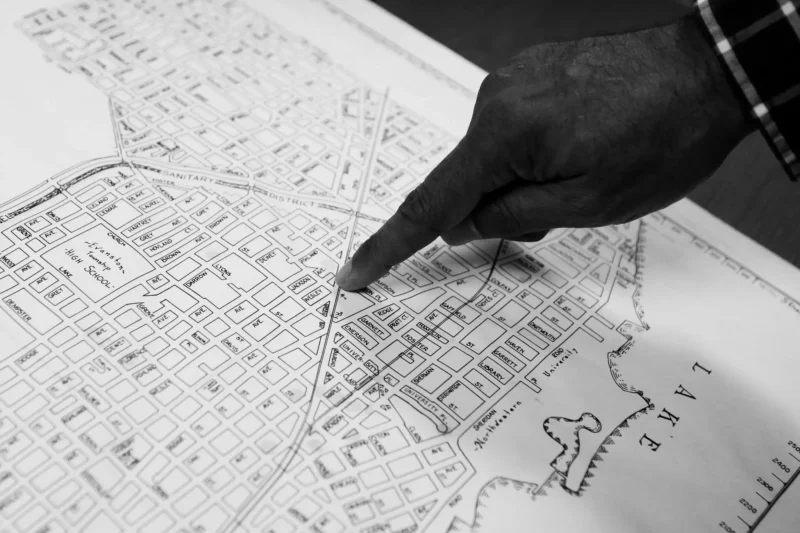
In my debut novel, a family retraces their lineage in order to be eligible for the nation’s first federal reparations program for Black Americans. When I was selling my novel in 2021, it was pitched to publishers as “speculative fiction, but only slightly.” I hadn’t specifically identified that genre, but I could see how it made sense: Up to that point, only one U.S. city, Evanston, Ill., had actually issued reparations in the form of housing grants. The idea that the United States could ever collectively support a national reparations policy for Black people seemed, well, the stuff of fiction.
Since then, reparations task forces and commissions have been created in California, Illinois, New York and Pennsylvania. State and citywide reparations initiatives offer a unique opportunity: They can look at specific harms perpetrated in a community, like redlining or wrongful drug convictions, and offer redress for citizens and the families who lived there. In Evanston, for example, reparations are being funded through revenue generated from a cannabis tax. If you can prove that you were a Black resident of African descent between 1919 and 1969 or are the direct descendant of one, or that you suffered housing discrimination related to the city’s policies after 1969, then you are eligible for a payment. As of August, the city had distributed just over $1 million, with more funding on the way.
But what happens if you do not live in a community that pursues reparations? Slavery was a complex multistate system enabled by the federal government and protected by a sweeping body of law. The same government later promoted and propped up segregationist policies and failed to uphold the values of the 14th and 15th amendments across the Jim Crow South. To address systemic inequalities rooted in federal law, a federal reparations policy is required. One city, even multiple cities, or states, can’t compensate individuals for what an entire nation has done.
Explore this virtual exhibit to learn what we can do to begin the process of racial repair and reconciliation.
Find more Breaking News here.
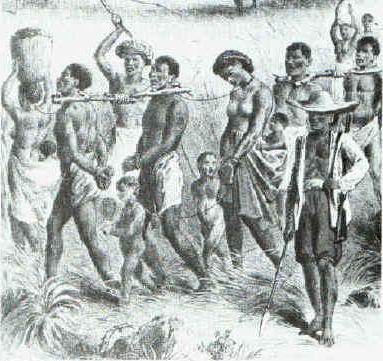
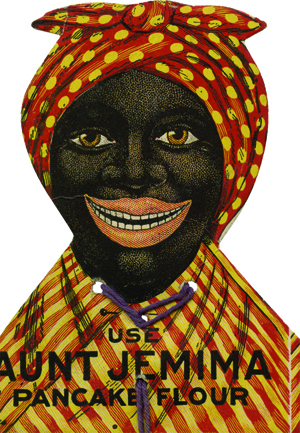
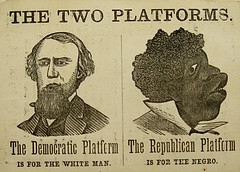
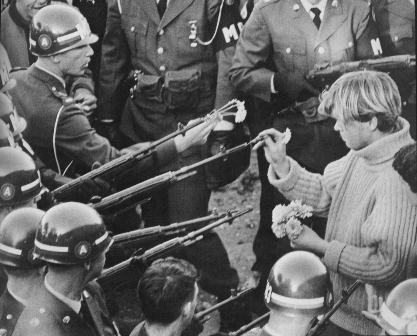
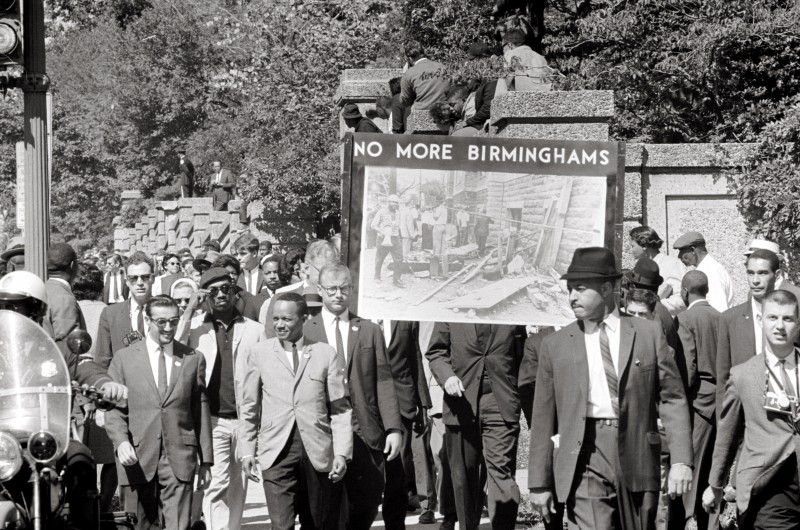
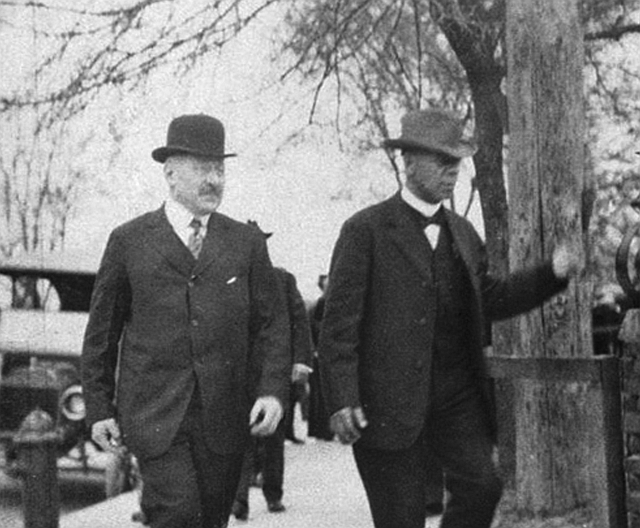
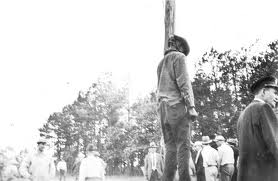

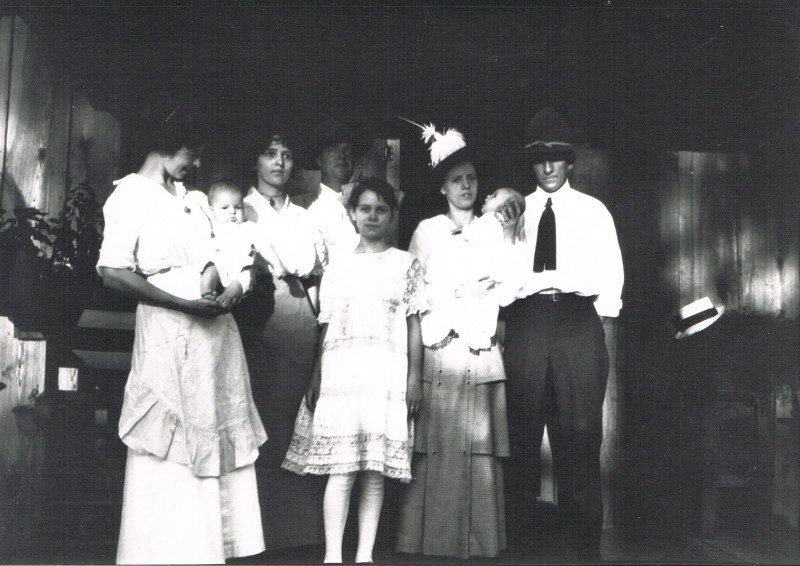
Comments Are Welcome
Note: We moderate submissions in order to create a space for meaningful dialogue, a space where museum visitors – adults and youth –– can exchange informed, thoughtful, and relevant comments that add value to our exhibits.
Racial slurs, personal attacks, obscenity, profanity, and SHOUTING do not meet the above standard. Such comments are posted in the exhibit Hateful Speech. Commercial promotions, impersonations, and incoherent comments likewise fail to meet our goals, so will not be posted. Submissions longer than 120 words will be shortened.
See our full Comments Policy here.